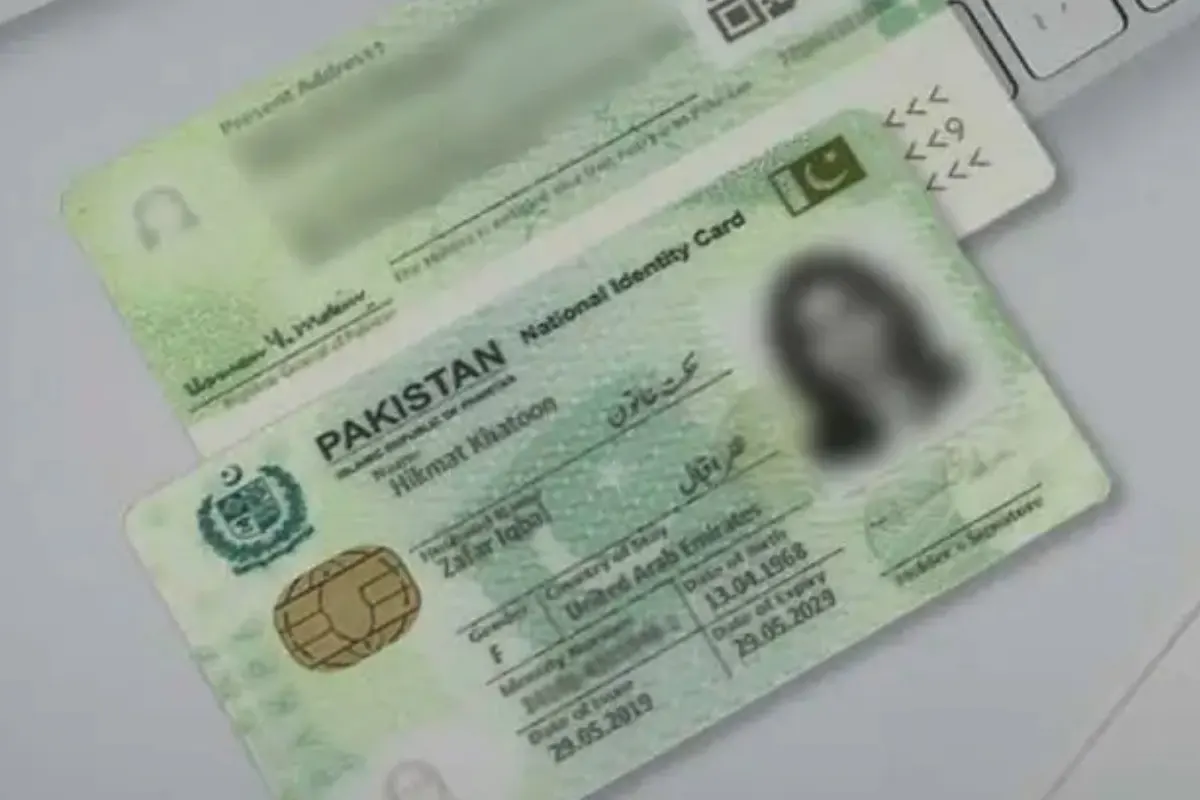Pakistan Edges Closer to Satellite Broadband as PTA Moves to Grant FSS Licenses

Pakistan Edges Closer to Satellite Broadband as PTA Moves to Grant FSS Licenses
The Pakistan Telecommunication Authority (PTA) is preparing to issue licenses for the establishment, maintenance, and operation of Fixed Satellite Services (FSS) in the country, a move that could pave the way for global players like Starlink and others to expand into Pakistan. The development marks a major step toward satellite-based broadband, telecom backhaul, and advanced data connectivity solutions.
Fixed Satellite Services Authorized
According to PTA, the license will allow operators—on a non-exclusive basis—to deploy fixed earth stations, VSATs, gateway earth stations, and related terrestrial facilities connected to the Public Switched Network. Services will include satellite broadband, bandwidth provision to PTA licensees, corporate intranet solutions, and backhaul connectivity.
Terms and Conditions
Operators will be required to pay an Initial License Fee (ILF) of US$500,000, alongside annual contributions: 0.5% of gross revenue as the Annual License Fee (ALF), 1.5% toward the Universal Service Fund (USF), and 0.5% as the Annual Spectrum Usage Fee (ASUF). These fees will be calculated after deducting inter-operator costs and mandatory payments to PTA or FAB.
Compliance with the Pakistan Telecommunication Act, relevant rules, and the Pakistan Space Activities Rules 2024 is mandatory. Licensees must also register gateway and VSAT stations with PTA and maintain subscriber records for regulatory checks.
However, the license will not cover Direct-to-Home (DTH), broadcasting, mobile satellite services, direct-to-cell/device internet, or Earth Stations in Motion (ESIMs) without additional authorization. PTA has also mandated that operators begin services within 18 months of the license issuance and establish at least one gateway earth station in Pakistan.
Industry Outlook
The move is expected to strengthen Pakistan’s digital infrastructure, particularly in underserved regions. Industry experts note that while the development could enhance connectivity, high entry costs and strict regulatory conditions may limit competition.
By ensuring compliance with spectrum allocation rules and international interference reporting systems, PTA aims to keep the rollout transparent, efficient, and aligned with international standards.
Catch all the Technology News, Breaking News Event and Trending News Updates on GTV News
Join Our Whatsapp Channel GTV Whatsapp Official Channel to get the Daily News Update & Follow us on Google News.














